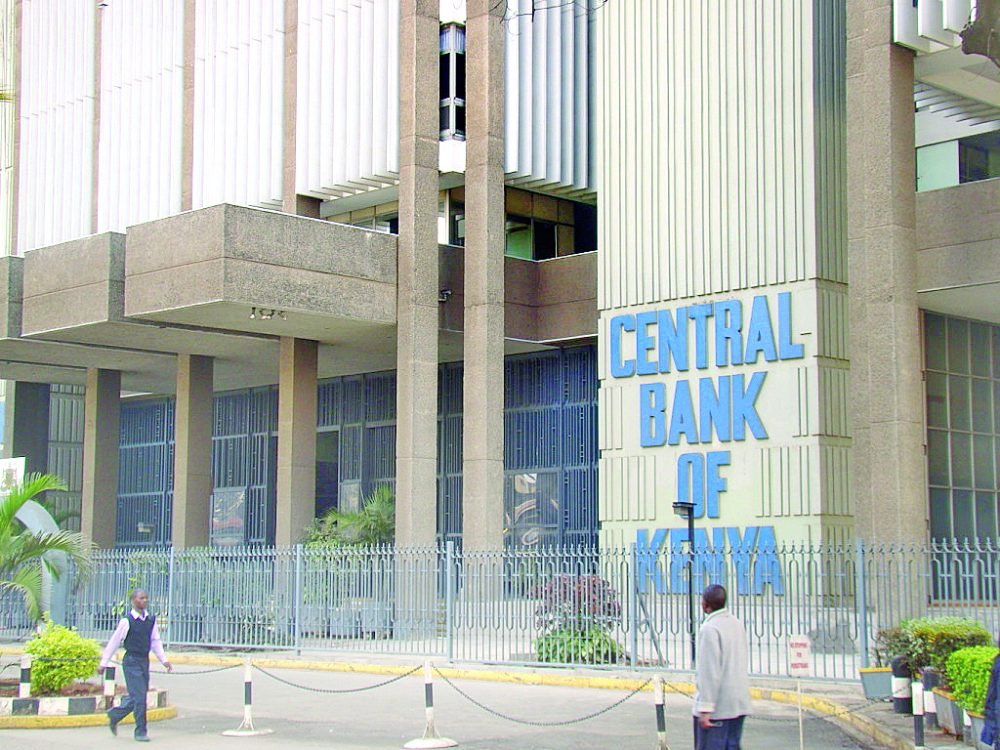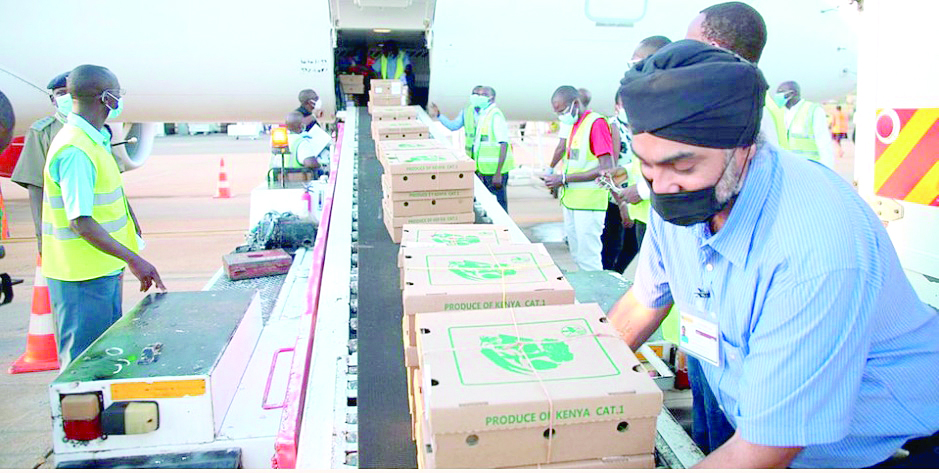Counties faulted over Sh12b salary oversight

Office of the Controller of Budget (OCOB) Margaret Nyakang’o has faulted county government’ for processing Sh12 billion worth of salaries manually, contrary to the law, raising concerns of oversight pitfalls.
Nyakang’o said the anomaly is in contravention of the law which requires county governments to use the prescribed Integrated Payroll Personnel Database (IPPD) which is not prone to abuse.
IPPD is a human resource system that streamlines the payroll from duplications and other inefficiencies commonly found in manual management of the payroll.
“The government policy requires salaries to be processed through the IPPD system, and the Controller of Budget advises county governments to fast-track the acquisition of personal numbers for their staff and ensure the entire wage bill is captured in the prescribed personnel system,” said Nyakang’o.
Nyakang’o’s revelations are contained in her latest report on county governments budget implementation review for nine months ending in May 2022.
Own share resource concerns
It is reported that despite not meeting their own share of resource (OSR) allocation for the period in review, county governments spent Sh27.1 billion, which is equivalent to 46.1 per cent of the annual target of Sh58.8 billion, on recurrent expenditure.
The combined budget by county governments approved by County Assemblies was Sh528.5 billion, comprising Sh194 billion (36.7 per cent) allocated to development expenditure and Sh334.5 billion (63.3 per cent) for recurrent expenditure.
To finance the budgets, county governments expect to receive Sh370 billion as the equitable share of revenue raised nationally, Sh58.9 billion from OSR and utilise Sh46.2 billion cash balance from the financial year 2020/21.
In the review period, the counties cumulatively spent Sh44.3 billion on development expenditure, representing an absorption rate of 22.8 per cent, down from 25.1 per cent the prior period.
Suppliers owed Sh47b
Recurrent expenditure gobbled up Sh212.9 billion or 63 per cent of annual expenditure, an improvement from the 56.2 per cent recorded previously while as of June 30, 2020, suppliers were owed Sh47.4 billion.
“Under-performance in own-source revenue collection, low expenditure on development budget, high expenditure on personnel emoluments, high level of pending bills and use of manual systems to process payroll,” Nyakang’o said, were major challenges that hampered effective budget execution during the period.
The CoB issued a raft of review suggestions to the governments to address the identified challenges including setting realistic budgets and good OSR mobilising strategies.
Nyakang’o said the county government should prioritise finishing old projects as opposed to beginning new ones, to ensure that expenditure on development activities met the minimum set threshold of 30 per cent of their annual budgets.
Pending bills
On the huge personnel emoluments, she cautioned them to comply with the Public Finance Management (County Governments) Regulations, 2015, while ensuring to also settle pending bills on time as specified in contract agreements to avoid the accumulation of arrears. “Eligible pending bills should be budgeted as a first charge on the budget in line with Regulation 41 (2) of the Public Finance Management (County Governments) 2015,” she said.












